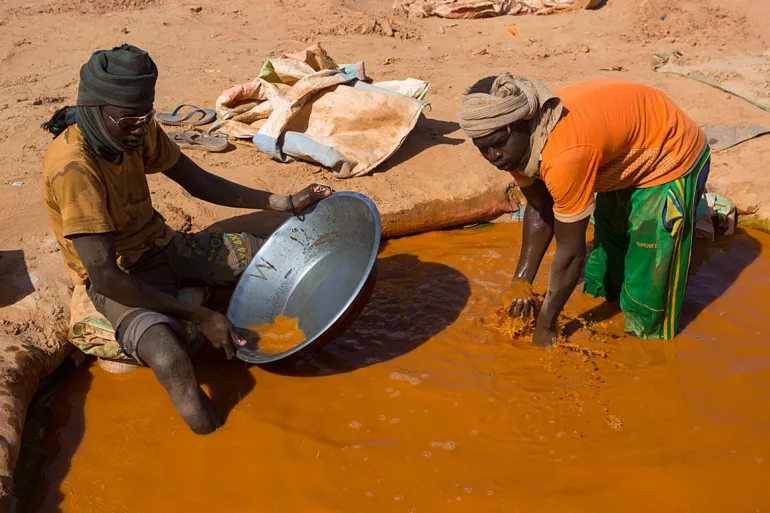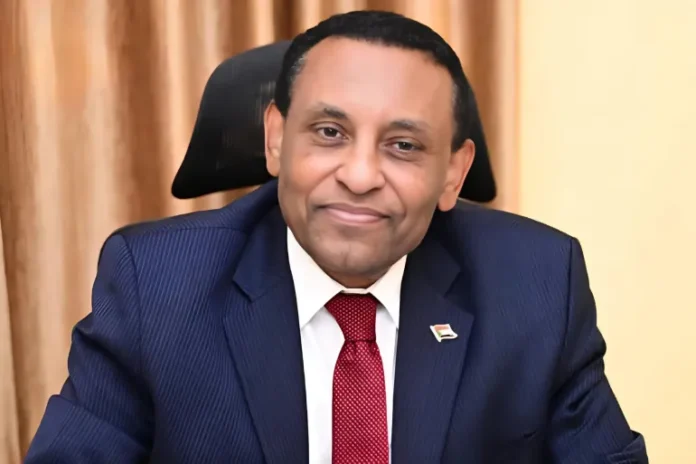KHARTOUM — Sudan’s government has announced strict economic measures aimed at halting the pound’s decline and combating gold smuggling, a move that drew conditional support from some sectors but also sharp criticism from others.
The Emergency Economic Committee, headed by Prime Minister Kamil Idris, unveiled a series of decisions including a ban on importing goods outside banking and trade regulations, criminalizing the possession or storage of gold without official documentation, and restricting the purchase and export of gold to a single state entity. The measures also include creating a national digital platform to track imports and exports, reviewing vehicle import policies, and curbing illegal levies imposed by state governments.
Conditional Support
The Khartoum Gold Traders Chamber welcomed the government’s steps, especially the monopoly on gold exports. Its chairman, Khalid al-Tabidi, said the move was “an important step to allow the state to control what is currently its only resource,” but added that success depends on ensuring fair purchase channels for traders at rates equal to both the domestic and international market, closing the door to smuggling.
Mohammed Tahir Omar, director-general of Sudan’s Mineral Resources Company, said in earlier remarks that 48% of the country’s gold exports bypass official channels, with nearly half of total production outside state control.
Calls for Enforcement Mechanism
Kamal Ahmed Youssef, dean of graduate studies at Nileen University, said the government’s decisions were “good” but require “a strong enforcement mechanism” amid what he described as “institutional infighting” within the state.
He said tightening banking procedures for imports and exports is essential but noted that gold smuggling is a “behavioral issue” that can be limited, not eliminated. He also stressed that artisanal mining—which employs some 2 million people and produces about 80% of Sudan’s gold—needs stricter regulation through agreements with global companies, ending unregulated mining, and creating state-run mining firms.
Opposition and Criticism
Others were less optimistic. Mubarak Ardol, former director of Sudan’s Mineral Resources Company, blasted the measures as “catastrophic,” particularly the state monopoly on gold exports, saying it “kills free and fair competition” and harms the private sector.
He argued that the government had tried monopolization before and failed, just as it failed to stabilize the pound by fixing exchange rates. Ardol urged the state to partner with the private sector instead of intervening directly. “Gold production belongs to the private sector,” he said, “and the government cannot force producers to sell to it or dictate the price unilaterally.”
Ardol warned the new measures would cut into state revenues and called the exclusion of private-sector representatives from the Emergency Economic Committee a major mistake.
Background

According to the Ministry of Minerals, artisanal mining is spread across 14 of Sudan’s 18 states and remains the country’s largest source of gold. Observers say the new measures come at a time when Sudan is grappling with a severe currency crisis and a steady decline of the pound, with gold revenues now almost the sole source of income following the war.
Sources: Aljazeera\Al-Yurae


